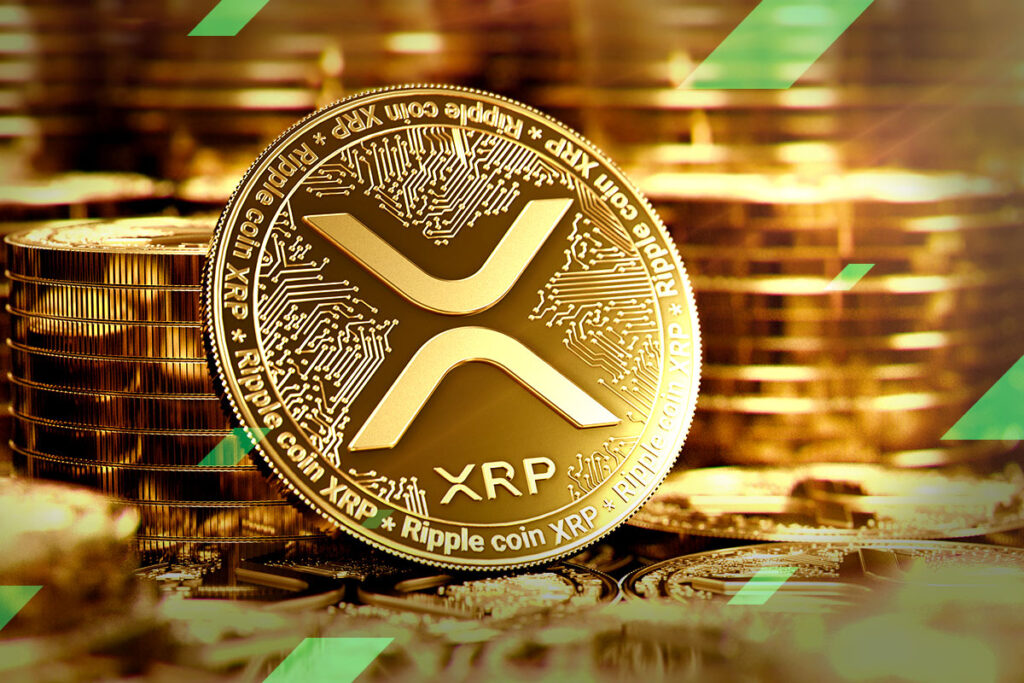The legal battle between Ripple Labs and the U.S. Securities and Exchange Commission (SEC) over XRP has been one of the most closely watched cases in the cryptocurrency world. This case is not only pivotal for Ripple and its XRP token but also for the entire crypto industry, as it could set a precedent for how digital assets are regulated in the United States.

What is XRP ?
Table of Contents
XRP is a digital currency created by Ripple Labs to facilitate fast and cost-effective cross-border payments. Unlike Bitcoin, which was designed as a decentralized digital currency, XRP was specifically developed to work within the financial system, offering banks and financial institutions a way to transfer money quickly and securely.
The SEC’s Allegations Against Ripple
In December 2020, the SEC filed a lawsuit against Ripple Labs, alleging that the company had conducted an unregistered securities offering by selling XRP. The SEC claimed that XRP is a security under U.S. law and that Ripple had violated federal securities laws by not registering the sale of XRP with the SEC.
The SEC’s argument hinges on the Howey Test, a legal standard used to determine whether a transaction qualifies as an “investment contract” and is therefore subject to securities regulation. The SEC contends that XRP meets the criteria of the Howey Test and should be classified as a security.
Ripple’s Defence
Ripple has vigorously denied the SEC’s allegations, arguing that XRP is a currency, not a security. The company has pointed out that XRP has been traded on the open market for years and that the SEC had ample time to classify it as a security if it truly believed it was one. Ripple also argues that the SEC’s approach to regulating cryptocurrencies has been inconsistent, creating confusion in the market.
One of Ripple’s key defenses is that XRP, unlike securities, does not confer ownership or control rights in Ripple Labs to its holders. Instead, it is used as a bridge currency for cross-border transactions, making it more akin to a traditional currency.
The Impact on the Crypto Market
The SEC’s lawsuit against Ripple has had a significant impact on the cryptocurrency market. Shortly after the lawsuit was announced, several cryptocurrency exchanges delisted XRP, leading to a sharp decline in its value. Investors and market participants have been closely monitoring the case, as its outcome could have far-reaching implications for other cryptocurrencies.
If the court rules in favor of the SEC, it could lead to increased regulatory scrutiny of other digital assets, potentially classifying them as securities. This would require cryptocurrency projects to comply with stringent securities regulations, which could stifle innovation in the industry.
On the other hand, if Ripple prevails, it could provide clarity and a sense of relief for the crypto community. A favorable ruling for Ripple could also lead to a surge in the price of XRP and possibly other digital assets, as it would reduce the uncertainty surrounding the regulatory environment for cryptocurrencies.
The Current Status of the Case
As of now, the XRP case is ongoing, with both Ripple and the SEC presenting their arguments in court. Legal experts and analysts are divided on the likely outcome of the case, but many agree that the ruling will have a profound impact on the future of cryptocurrency regulation in the U.S.
Conclusion
The Ripple vs. SEC case is more than just a legal battle over XRP; it is a defining moment for the entire cryptocurrency industry. The outcome will determine how digital assets are regulated in the future and could either pave the way for innovation or impose significant hurdles for cryptocurrency projects. As the case continues to unfold, all eyes will be on the courts, waiting to see how this landmark case will shape the future of the crypto world.
FAQs
1. What is the Howey Test? The Howey Test is a legal standard used to determine whether a transaction qualifies as an investment contract and is subject to securities regulation.
2. Why is the SEC suing Ripple? The SEC alleges that Ripple conducted an unregistered securities offering by selling XRP, which it claims is a security under U.S. law.
3. What could be the impact of the case on the cryptocurrency market? The outcome of the case could set a precedent for how cryptocurrencies are regulated in the U.S., potentially affecting the entire industry.
4. When will the case be resolved? The case is ongoing, and it is unclear when a final ruling will be made. The legal process could take months or even years to reach a conclusion.
5. What happens if Ripple wins the case? If Ripple wins, it could provide clarity for the cryptocurrency industry and potentially lead to a surge in the price of XRP and other digital assets.

